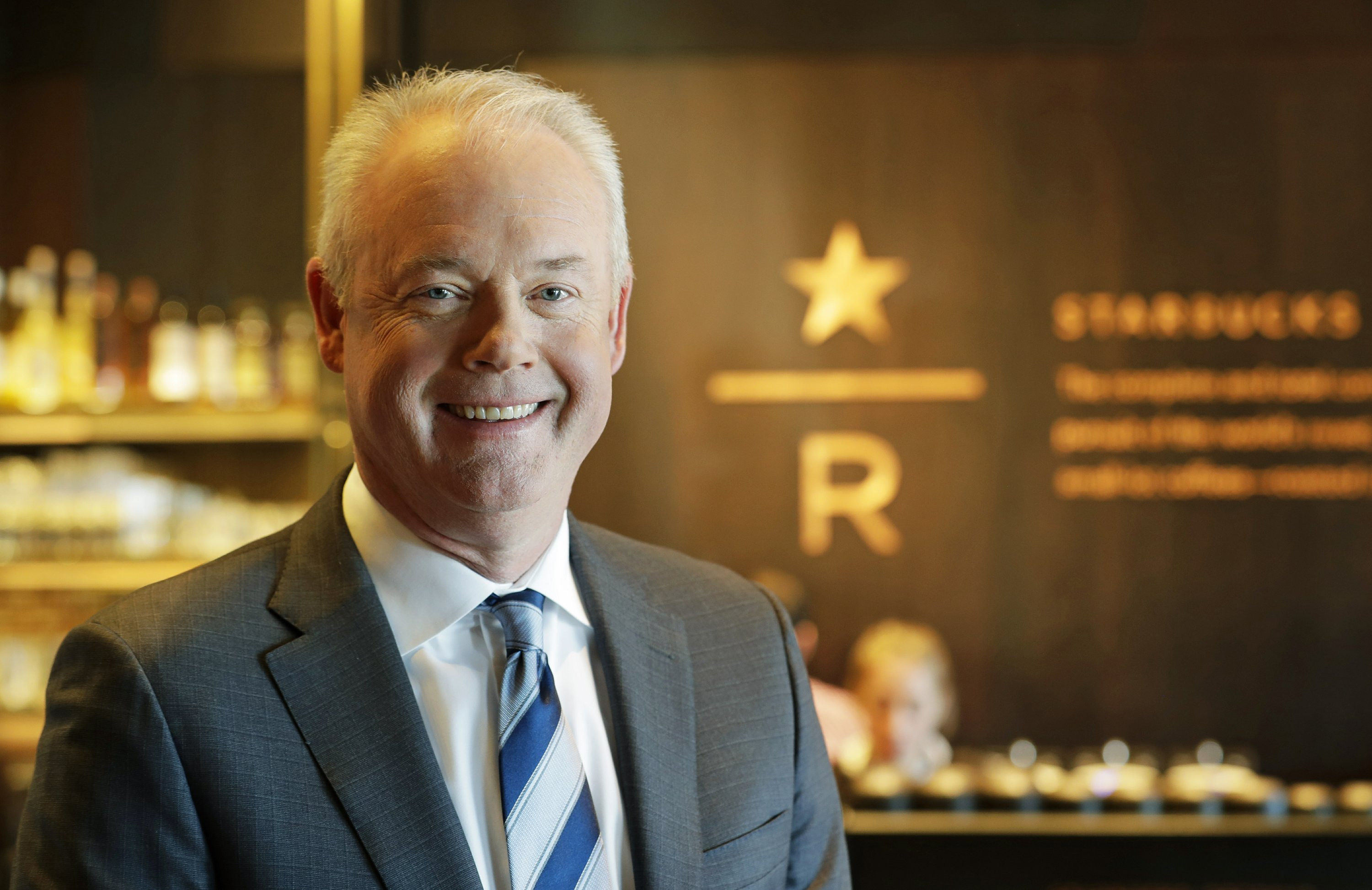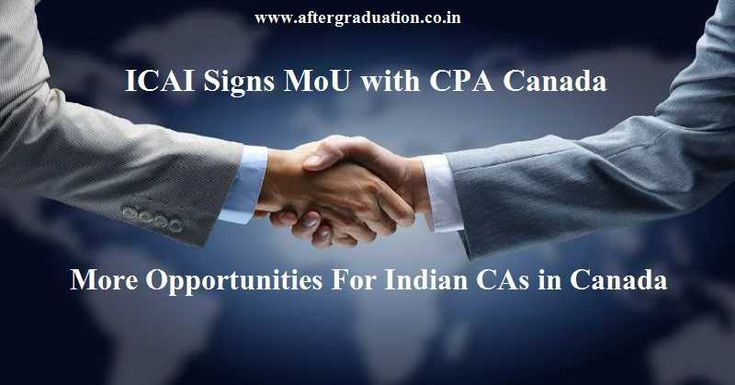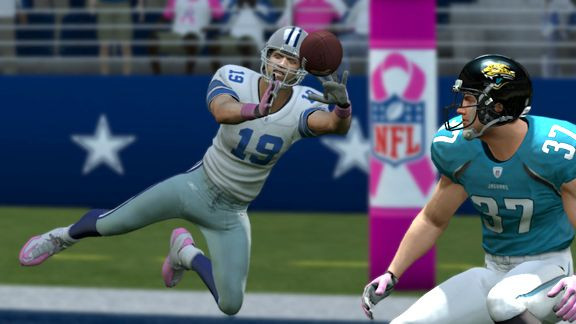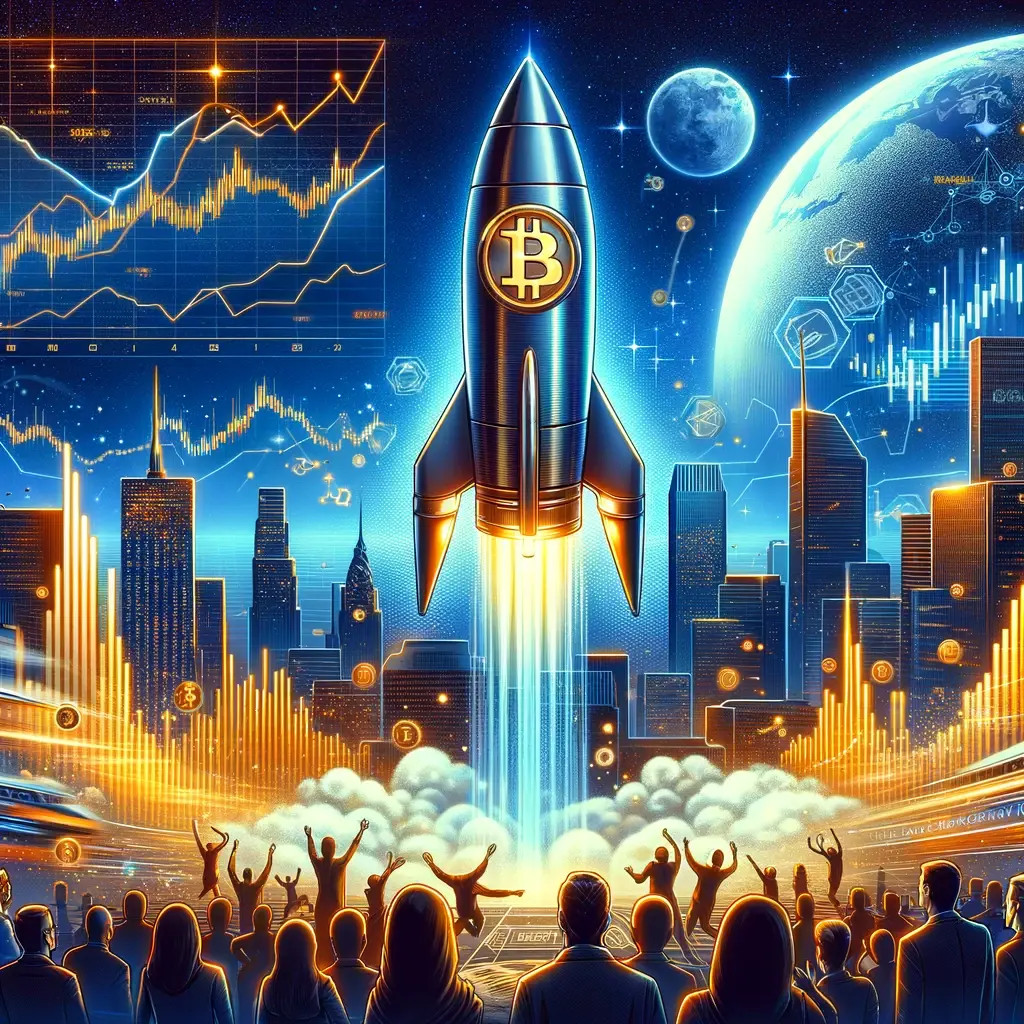There is perhaps nothing that unites the foot soldiers of capitalism like the universally agitating experience of commuting: sitting in traffic for hours; getting sweaty on (often-delayed) subways; suffering through mediocre bike lanes and threats of congestion pricing.
Brian Niccol, the newly minted chief executive of Starbucks, has found a personal solution: a 1,000-mile commute from his home in Newport Beach, Calif., to the company’s headquarters in Seattle, on Starbucks’ corporate plane.
Mr. Niccol is the latest of the American supercommuting chief executives, a trend that has been on the rise since the turn of the millennium but has found increased attention since the coronavirus pandemic thrust remote work into the mainstream. Starbucks’ concessions to Mr. Niccol also underscore just how much companies are willing to bend in order to woo big-time executives — and how much leeway they have to do so, as corporate culture continues to adjust to post-pandemic norms.
The details of Mr. Niccol’s employment terms became public after Starbucks filed his offer letter and contract with the Securities and Exchange Commission. According to his contract, he will be offered use of the company’s corporate jet to commute to Seattle, and will be provided housing and transportation for three months, or until he secures a secondary residence in Washington State.
Mr. Niccol, who left his job as chief executive of the Chipotle restaurant franchise for his new position, was highly sought by Starbucks, which has struggled for years to compete in the specialty coffee market it once had largely to itself. Mr. Niccol’s sudden hire this month prompted an immediate 25 percent surge in Starbucks’s stock price — a gain of $20 billion in market value.
Stacked against the occasional cost of a corporate jet flight, the trade-off is one that large companies like Starbucks are increasingly willing to make, especially for executives who can so quickly provide value. Last week, Victoria’s Secret announced it had poached Hillary Super from Rihanna’s lingerie company, Savage X Fenty, and that she would remain at the company’s New York office rather than relocate to its headquarters in Columbus, Ohio.
Starbucks' newly-appointed CEO has made headlines due to his unusually long commute to the office. Brian Niccol, who is set to take the reins of the company next month, is reportedly going to travel 1600 kilometres at least three days a week. Niccol will be using a corporate jet to cover the distance between his home in California and the company's headquarters in Seattle. The news has sparked much criticism online, especially in the context of the environmental impact of such jet travel.
People took to social media to slam Niccol and Starbucks for this decision. Several responded with sarcasm and memes. In particular, users are contrasting Starbucks' seemingly 'green' paper straw policy to its CEO's commute, which is far from eco-friendly. In this context, people are pointing out the irony and "hypocrisy" of the company that had proudly announced its decision to eliminate plastic straws a few years ago.
One of the viral memes on the topic was shared by @sagarcasm. The sarcastic post read, " Starbucks' new CEO will fly 1600 km daily in a private jet for work. Meanwhile Starbucks employees to customers: Paper straw lijiye. Thak gaye honge environment kharaab kar kar ke." ["Take paper straws. You must be tired of damaging the environment."]
Starbucks is allowing its incoming CEO Brian Niccol to commute to work from his Southern California home — and he will have the option to fly on the company's corporate jet.
Niccol, the former chief executive at Chipotle, will take over as Starbucks CEO and chairman on Sept. 9, replacing Laxman Narasimhan.
When he steps into the job, he will be eligible to use Starbucks’ plane to "travel between your city of residence and the Company’s headquarters" in Seattle, the filing said.
Where Niccol currently lives and Seattle are over 1,100 miles apart from each other by car.
Niccol will be allowed to fly on the company plane for "business-related travel in accordance with the Company’s travel policy" and "your personal travel in accordance with the Company’s policies, up to a maximum amount of $250,000 per year," too, according to the filing.
Starbucks told FOX Business that Niccol will use the company’s Seattle headquarters as his main office and work out of that location three days per week other than when he is away for work-related travel. That time in-office will be in line with the company’s hybrid work rules.
Niccol will have a "small remote office" in Newport Beach, California, which the company will work with him to get up and running, according to Starbucks’ SEC filing.
Prior to being tapped as Starbucks CEO, Niccol helmed Chipotle, which is headquartered in Newport Beach, for about six years. Last week, as Starbucks announced his upcoming appointment, he expressed excitement about joining the company.
"I have long-admired Starbucks' iconic brand, unique culture and commitment to enhancing human connections around the globe," Niccol said. "As I embark upon this journey, I am energized by the tremendous potential to drive growth and further enhance the Starbucks experience for our customers and partners, while staying true to our mission and values."
Chipotle has selected COO Scott Boatwright to become its interim CEO.
Incoming Starbucks CEO Brian Niccol will be expected to report to the company's Seattle headquarters three times a week, just like other employees.
But while other workers will commute by car or public transportation, Niccol will travel nearly 1,000 miles from his home in Newport Beach, California, to Starbuck's Seattle offices, by corporate jet, according to his offer letter, which was made public in an SEC filing. Niccol replaces ousted CEO Laxman Narasimhan, as the coffee chain struggles to grow sales and regain consumers' interest in the brand.
Starbucks told CBS MoneyWatch that Niccol's schedule "will meet or exceed the hybrid work guidelines and workplace expectations we have for all partners."
"While Brian will have an office in Southern California, his primary office and a majority of his time will be spent in our Seattle Support Center," a Starbucks spokesperson said in a statement to CBS MoneyWatch. "When he is not traveling for work, he will be in our Seattle office at least three days a week, in alignment with our hybrid work policies. He will also have a home in Seattle."
Five to 14 times more polluting per passenger than commercial flights, and 50 times more polluting than trains, private jet travel is one of the most polluting modes of transportation, according to a 2021 report from the European Federation for Transport and Environment. The emissions-heavy choice of transportation stands in stark contrast to the coffee giant's 2020 pledge to reduce its carbon footprint in its direct operations and supply chain by half.
Niccol's anticipated jet usage also doesn't jibe with the company's claim that it's a leader in environmental sustainability, according to critics of the job perk.
Niccol officially begins his role on September 9, but the backlash around his planned commute to work has already begun, with users on social media mocking the company for insisting on using paper straws while allowing its CEO to travel by private jet.
"Is this corporate hypocrisy at its peak — Starbucks introducing paper straws and cups while pushing towards sustainability?" one critic of the plan wrote on social media platform X.
"Typical hypocrisy, rules for the little people but not for the kings in society," another X user wrote.
Climate advocates also called out the controversial move by Starbucks.
"As the world faces unprecedented heat waves, droughts, floods, and other dire consequences of an accelerating climate crisis, it is unjustifiable for companies to offer company aircraft as employee perks," Clara Thompson, a climate activist at Greenpeace, told The Washington Post Thursday. "These jets are a stark symbol of social and climate injustice, where a privileged few indulge in the most environmentally damaging form of travel for mere convenience."
From a talent recruitment standpoint, Harvard Business School professor Raj Choudhury, who has long studied the benefits of remote work, said this is an example of how work-from-anywhere arrangements can allow companies to better recruit top talent.
"From a talent acquisition perspective, remote work is a great tool, and this is showing that again," he told CBS MoneyWatch. "This is a great opportunity for Starbucks to create a remote C-Suite and percolate those policies down below."
Columbia Business School accounting professor Shivaram Rajgopal, who studies CEO succession plans, told CBS MoneyWatch he's less concerned about the environmental toll of Niccol's commute than he is the company's leader's working from another state.
"I'm skeptical on whether or not this whole arrangement will even work," he told CBS MoneyWatch. "I worry less about the emissions optics because I think they have bigger problems when it comes to things like paper cups. But from a managerial perspective, the leader has to be on-site and visible."
Niccol's Commute: A Case of Corporate Hypocrisy?
The contrast between Starbucks' environmental commitments and its decision to allow its CEO to commute on a private jet has been met with widespread criticism. The company has long touted its efforts to be a sustainable business, with initiatives like the switch to paper straws. However, allowing Niccol to use a corporate jet for his commute flies in the face of these sustainability claims. This has led to accusations of corporate hypocrisy, with many questioning the sincerity of Starbucks' commitment to environmental responsibility.
The Environmental Impact of Private Jet Travel
Private jet travel is significantly more polluting than commercial flights, with studies showing that it emits five to fourteen times more greenhouse gases per passenger. This makes private jet travel one of the most environmentally damaging forms of transportation, and its use by high-profile executives like Niccol raises questions about their environmental impact.
The Bigger Picture: Flexibility vs. Sustainability
While the use of a private jet for commuting may seem like an extreme example, it highlights a broader trend in the workplace. Companies are increasingly willing to offer flexible work arrangements to attract and retain top talent. However, this trend raises concerns about its environmental impact. As more executives adopt work-from-anywhere policies, the question of whether these arrangements are truly sustainable becomes more pressing.
A Test Case for Starbucks
The decision to allow Niccol to commute from California to Seattle on a corporate jet is a test case for Starbucks. It will be interesting to see how the company navigates the backlash and whether it will make any changes to its policies as a result of the public outcry. This situation could set a precedent for other companies as they grapple with the future of work and the need to balance flexibility with sustainability.
This situation begs the question: Can corporations truly be committed to both sustainability and attracting top talent, or is this a case of choosing one over the other? Only time will tell how Starbucks responds to this challenge and what the implications are for the broader business world.

















